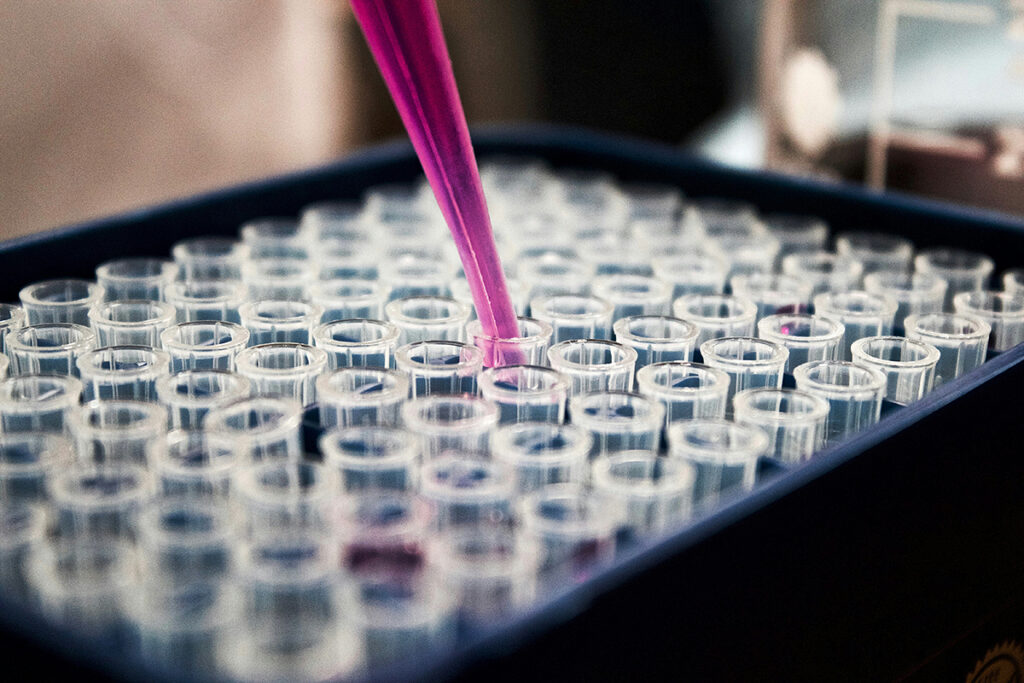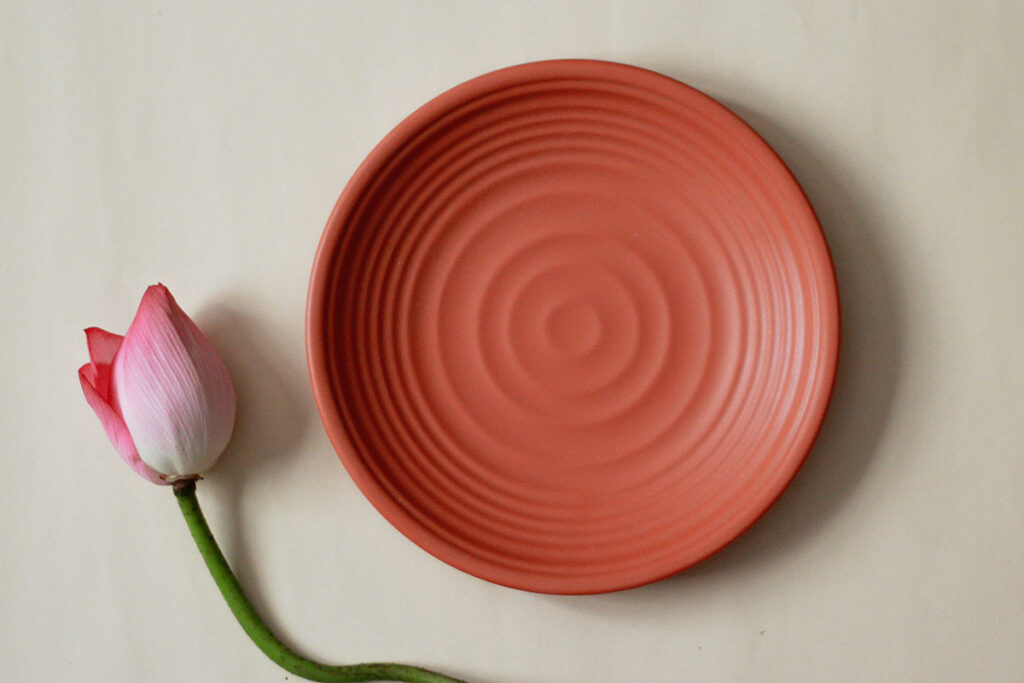Type I interferons, particularly interferon-β, successfully treat inflammatory and autoimmune diseases, such as multiple sclerosis. Clinical practice has also shown that patients recovering from primary viral infections often become more susceptible to secondary infections. This dual effect can be attributed to type I interferon’s anti-inflammatory and immunomodulatory properties (IFN-1). Earlier studies demonstrated that interferon-β (IFN-β) suppresses the potent pro-inflammatory protein IL-1 production. However, the mechanisms behind this observation and their significance for treatment remain poorly understood.
A group of scientists from Austria, Germany, and Switzerland conducted a series of experiments to uncover the mechanisms through which type I interferon regulates the intensity of the inflammatory process. The researchers were also interested in the immunosuppressive effects of IFN-1 following a viral infection.
Type I Interferon Suppresses Synthesis and Maturation of Pro-inflammatory Protein Interleukin-1
The scientists assessed the anti-inflammatory influence of interferon-β on IL-1 synthesis using bone marrow-derived macrophages. These cells were subjected to a series of treatments:
- First, they were treated with IFN-β.
- Then, lipopolysaccharide mimicked a bacterial infection, prompting the cells to produce IL-1 components.
- Finally, the cells were stimulated with alum to activate IL-1 maturation.
The experiment showed that interferon-β blocks IL-1 production in macrophages using two mechanisms:
- IFN-β suppresses the output of one of the IL-1 precursor proteins.
- IFN-β inhibits the protein responsible for IL-1 maturation.
This anti-inflammatory effect of interferon-β was observed for over 6 hours.
A similar anti-inflammatory effect of IFN-1 was observed in another type of immune cell – bone marrow-derived dendritic cells. The scientists repeated the same treatments, including another type I interferon – interferon-α (IFN-α). The suppressive effect was observed only at the maturation stage of IL-1, while the production of precursor proteins remained unchanged.
Conclusion: The anti-inflammatory influence of type I interferon on IL-1 synthesis depends on the type of immune cells being affected.
Type I Interferon Stimulates Production of Anti-inflammatory Protein Interleukin-10
In a subsequent experiment, scientists investigated two groups of mice: wild-type mice and genetically modified mice whose cells could not fully interact with type I interferon molecules.
The experiment involved removing the immune cells’ ability to synthesize the anti-inflammatory protein interleukin-10 (IL-10), produced under the influence of IFN-1, and assessing its impact on the synthesis of pro-inflammatory IL-1.
The scientists simulated infection for bone marrow macrophages in both mouse groups, followed by treatment with type I interferon. In wild-type mice, IL-10 was actively produced, further suppressing the synthesis of pro-inflammatory IL-1 components. In genetically modified mice, IL-10 was not made, and the anti-inflammatory effect of IFN-1 was less pronounced.
Type I Interferon Increases Mice’s Susceptibility to Candidiasis
The scientists moved from cellular experiments to live organism studies using mice. They first stimulated the mice to produce large amounts of type I interferon by introducing a safe viral infection mimic. The mice were then infected with the fungus Candida albicans, causing candidiasis.
Earlier research has shown that mimicking viral infection in mice worsens their survival in candidiasis and that the pro-inflammatory protein IL-1 is critically vital for combating fungal infection.
To assess the role of type I interferon in candidiasis, scientists again used two groups of mice – wild-type and genetically modified, whose cells couldn’t interact with IFN-1 molecules. The survival rate of wild-type mice was significantly lower than that of the genetically modified ones. In the kidneys of wild-type mice, significantly more Candida albicans colonies were found, and their blood had noticeably less IL-1 and its precursor protein.
Conclusion: Increased type I interferon produced during viral infections reduces the immune system’s ability to resist secondary infections.
Interferon-β Suppresses Production of Pro-inflammatory Protein Interleukin-1 in Human Monocytes
In the final experiments, scientists used human immune cells to assess the anti-inflammatory effect of interferon-β. They examined two groups of monocytes isolated from blood: one from healthy donors and the other from people with multiple sclerosis who receive IFN-β treatment for symptom relief. The scientists subjected human immune cells to the same treatments as in the previous mouse cell experiments. Monocytes from individuals receiving interferon-β treatment synthesized significantly less pro-inflammatory IL-1 than monocytes from healthy donors. The same effect was observed in mouse immune cells.
Conclusion: The success of treating multiple sclerosis with interferon-β may be linked to suppressing IL-1 synthesis and, consequently, reducing inflammation.
Output
Type I interferon possesses several mechanisms for influencing inflammatory processes. It suppresses the synthesis and maturation of the pro-inflammatory protein IL-1, exerting an anti-inflammatory effect. IFN-1 stimulates the production of the anti-inflammatory protein IL-10. However, increased IFN-1 can heighten susceptibility to secondary infections, as demonstrated by candidiasis in mice.
Useful article, necessary information? Share it!
Someone will also find it useful and necessary:
Reference
Type I Interferon Inhibits Interleukin-1 Production and Inflammasome Activation



